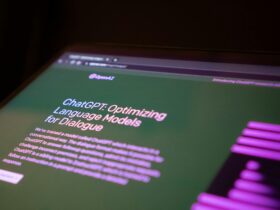In a recent research, it was found that spending time every week and enjoying video games in front of the same screen increases activity in the brain and, in addition, improves the cognitive abilities needed for decision-making.
Video games, according to the study’s authors, might be utilized to teach the brain’s quick decision-making mechanisms, especially in those who have had brain injury.
The bulk of our youngsters spend upwards of three hours a week playing video games, but the positive impacts on cognition and decision-making are not yet fully understood.
The researchers employed functional magnetic resonance imaging (fMRI) to study the brain activity of 47 college-aged subjects, 28 of whom were frequent gamers, and 19 of whom were not. Real-time tactical games, first-person shooters, and team-based ‘arena’ / ‘royal’ fights were the most popular among those that played.
Participants were instructed to click buttons in reaction to the movement of dots on a screen in front of themselves. The fMRI scans indicated that frequent gamers were both quicker and more precise in reacting and that some areas of their brains were also much more active.
To increase decision-making abilities, playing video games may strengthen many sub-processes for feeling, and perception, including mapping to action.
When he was five, one of the scientists participated in a test that instructed him to cover his better eye & engage in video games solely with his weaker one, all in the hopes of strengthening that eye’s sensory processing.
Despite the fact that they were legally blind with that one eye, the training helped them gain the vision necessary to play lacrosse & paintball. Ultimately, this training might be utilized to improve sensorimotor decision processing as well.













Leave a Reply